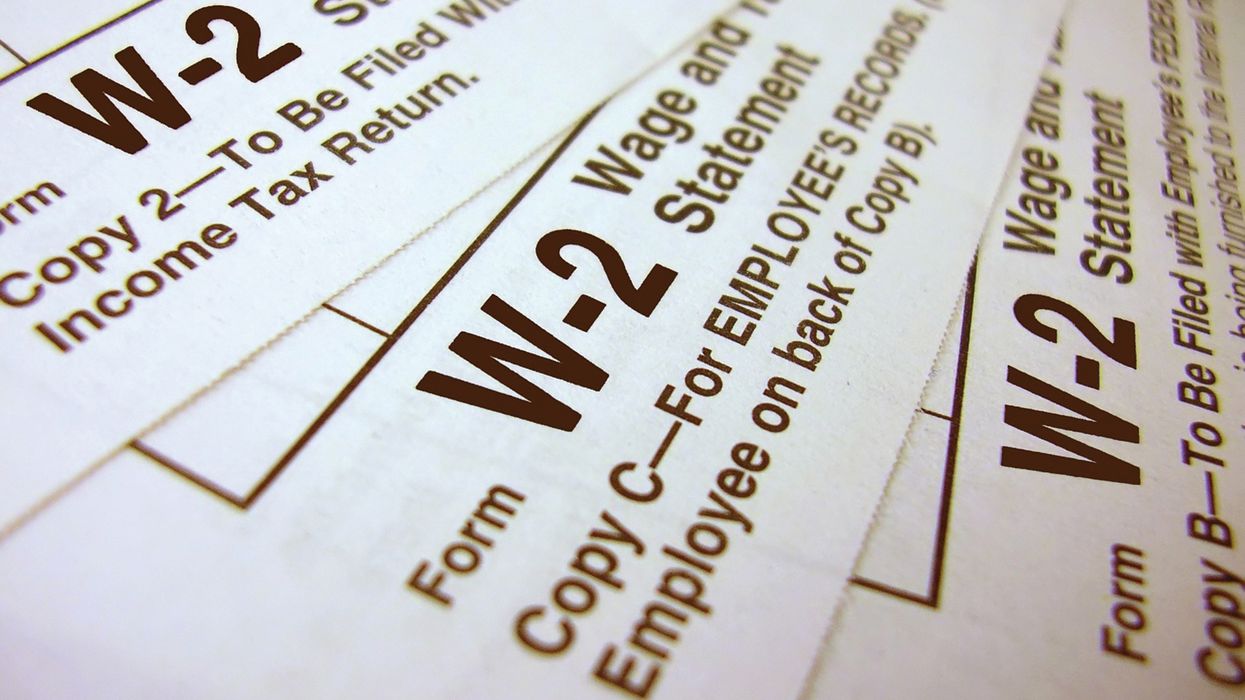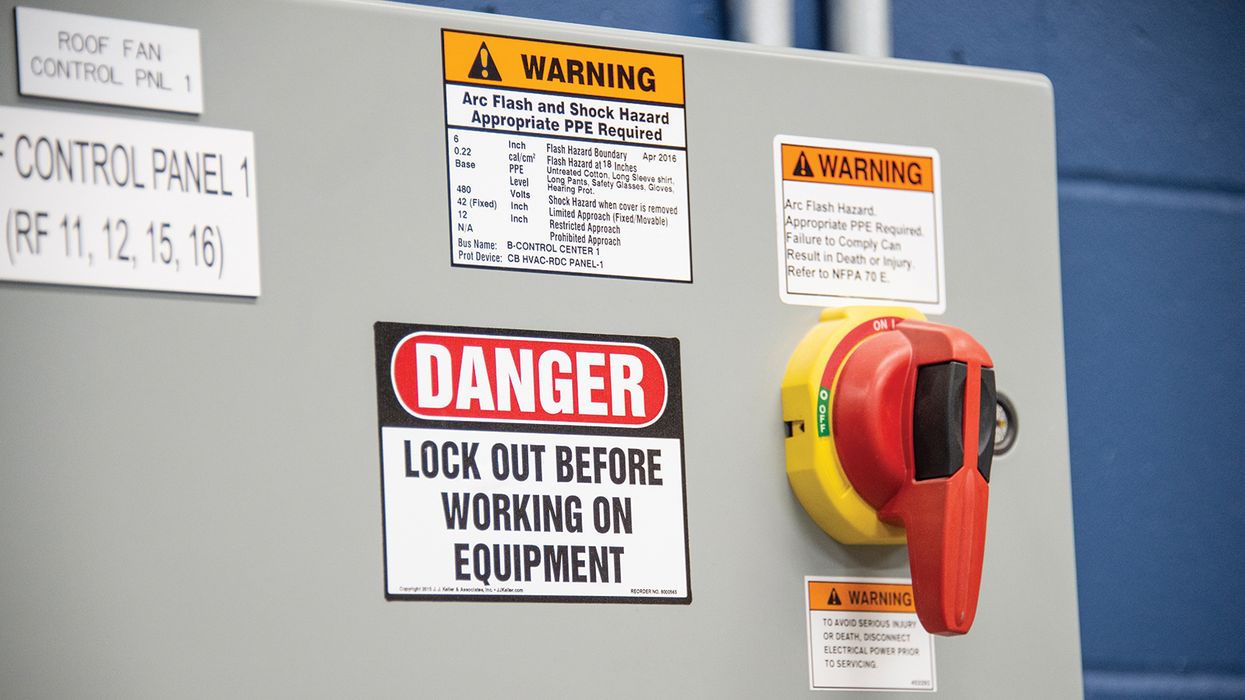Employers prepare: No overtime tax for the near future
On July 4, 2024, President Trump signed HR 1, the “One Big Beautiful Bill Act” (OBBBA), into law. The measure includes several provisions related to the workplace and ties into federal employment laws like the Fair Labor Standards Act (FLSA).
One such provision gives employees a tax break on the overtime they work between 2025 through 2028 tax years. This break impacts employers’ FLSA compliance.
Employer reporting requirements
Employers will need to report the total amount of qualified overtime compensation on their employees’ Forms W-2. They will also need to report the amount of qualified overtime compensation for non-employees (e.g., independent contractors) on the applicable Forms 1099, even though the FLSA only applies in employer/employee relationships, generally.
To accomplish this reporting, employers must:
- Identify and calculate qualified overtime above the regular rate required by the FLSA, and
- Separate the overtime amounts.
Employers may approximate an amount designated as qualified overtime compensation by any reasonable method specified by the Treasury Secretary for the 2025 tax year.
The Internal Revenue Service (IRS) will provide employers with more details in the future, including updated procedures and related forms to reflect this new deduction. The IRS is also tasked with crafting rules to prevent abuse of this deduction. Intentional or not, potential missteps, like reclassifying employee salaries as overtime, could trigger FLSA or IRS audits.
The deduction doesn’t apply to overtime premiums that aren’t required by the FLSA. This could include pay under a contract, for example, like those found in collective bargaining agreements.
States often have their own overtime rules. Federal deductions don’t override state obligations, so employers will still need to be aware of related state laws. The federal deduction won’t apply to overtime that is required only under state law.
Employees might have questions
Employers that get questions from workers can share the following information:
- Effective for tax years starting January 1, 2025, workers may deduct overtime from their taxes.
- Only the required overtime premium (i.e., half the regular rate of pay) under the federal FLSA qualifies. The deduction cap is:
- $12,500 for those filing as single, and
- $25,000 for those filing jointly.
- The cap is reduced by $100 for every $1,000 of modified adjusted gross income above $150k for single filers and $300k for joint filers. The deduction doesn’t affect Social Security and Medicare taxes.
To prepare for this change, employers might want to:
- Review their payroll systems to ensure proper tracking and separate reporting by January 2026.
- Train payroll and HR staff on the new line-item requirements in Forms W2 and 1099.
- Inform employees about what qualifies for the tax break and how deductions affect their withholding and take-home pay.
Key to remember: Employers must prepare for the new reporting requirements under the “no tax on overtime” provisions of the OBBBA.























































